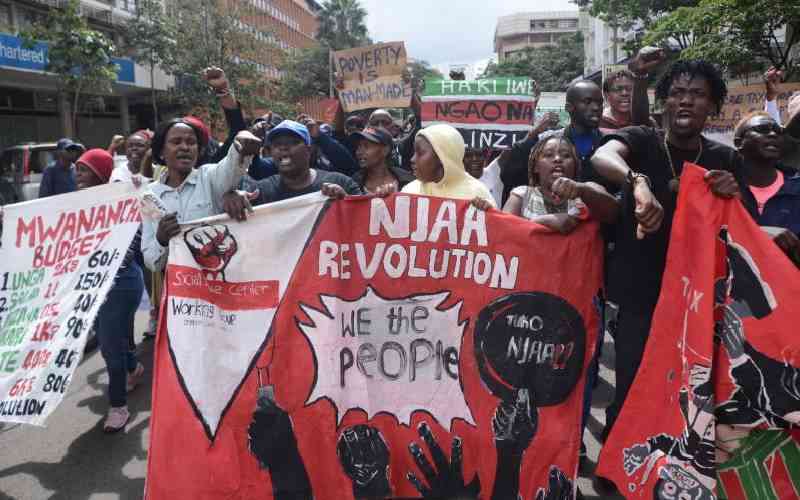
In a country where we perceive most societal events through political prisms, it is easy to miss critical moments where events cause societies to go through moments of quick evolution.
One such moment is the ongoing debate over the Finance Bill 2023. Since independence, Kenya has had few major national conversations outside elective politics, and the latter tend to be more of ruckus than debate. The most obvious issue-based national conversations were the debates surrounding enactment of the new Constitution and recent debate on the Building Bridges Initiative. Those two conversations provided critical pillars in the nation-building project.